
Photo of a Church in Iceland by Ludo-Photos (CCO)
A virtual conference sponsored by Canopy Forum of the Center for the Study of Law and Religion at Emory (CSLR) featuring scholars, experts and practitioners on the topic of houses of worship that are falling into disrepair or vacancy.
On May 3, 2023, the Center for the Study of Law and Religion at Emory University (CSLR) and Canopy Forum hosted a virtual conference regarding issues facing religious congregations, neighborhoods, towns, and cities where houses of worship are falling into disrepair or vacancy. Countless locales in the USA and around the world are confronting questions of what to do with empty religious buildings in town centers or along major streets. These challenging situations are complicated by economic, social, legal, theological, and cultural questions that merit analysis and attention.
The conference proceedings will be livestreamed and published on Canopy Forum, CSLR’s online publication. Participants explored diverse issues related to religious property and the law, drawing on both theoretical perspectives and specific examples:
- How do houses of worship and other religious architecture(s) contribute to a local sense of identity and place, and how does that change if a building is repurposed?
- In which ways, and to what extent, do local congregations and communities maintain ownership and control of emptying or vacant properties over and against the broader denominational bodies of which they are a part?
- To what extent are the potential (re)uses of religious buildings limited or defined by local or national laws and regulations?
- To what extent can the repurposing of religious buildings sustain their historic role as public gathering places? Should such reuse be a priority?
- How can partnerships be built around buildings traditionally considered the private domain of a particular religion?
- What legal remedies in preservation, property, and tax law and practice would contribute to the preservation, revitalization, and/or repurposing historic houses of worship?
- How do municipal or county zoning, property tax, and building code ordinances affect historic houses of worship, and how could they be modified to facilitate rehabilitation and reuse of these properties?
- What complications arise from deeds for religious properties and denominational rules?
- What are the risks, limitations, and possibilities of using public funding for repurposing houses of worship?
- What is the nature of the sacrality of a house of worship? Does it retain a sacred quality or designation even if it has been deconsecrated, and what is the appropriate adaptation of such a sacred space?
- How do the property laws of various countries and/or jurisdictions differ from one another in relation to religious property?
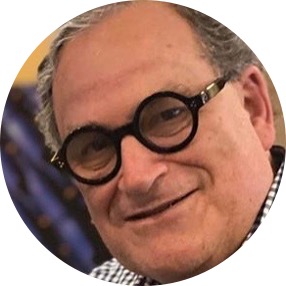
Historic Houses of Worship in Peril: Conserving Their Place in American Life
Conference Organizer
Thomas Edward Frank served as the conference organizer for the Religion, Property Law, & The Crisis of Houses of Worship virtual conference. His book, Historic Houses of Worship in Peril: Conserving Their Place in American Life, inspired many of the questions explored by this virtual conference.
Overview of the Issues

“A New Vision for American Houses of Worship”
Thomas Edward Frank is University Professor Emeritus of Wake Forest University. He is author of several books and numerous articles on American Protestant denominational history and leadership challenges, and for the last twenty years has been active in the growing movement to save historic houses of worship for continuing community service and public space. This piece was coauthored with fellow panelist, Rick Reinhard.
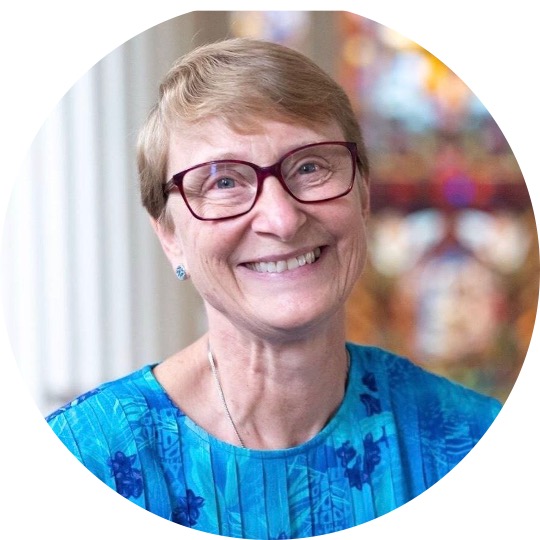
Rev. Dr. Rochelle A. (Shelly) Stackhouse was ordained in the United Church of Christ in 1982. A graduate of Princeton Theological Seminary, she has served churches of varying sizes as Senior, Solo, Interim and Transitional Pastor in Michigan, New York, New Jersey, Massachusetts, Pennsylvania, and Connecticut, currently at Buckingham Church in Glastonbury, CT. She received a PhD from Drew University in Liturgical Studies and has taught at numerous seminaries, most recently Yale and Lexington. She and her husband, P. Gavin Ferriby, are the parents of three adult children and three demanding cats.
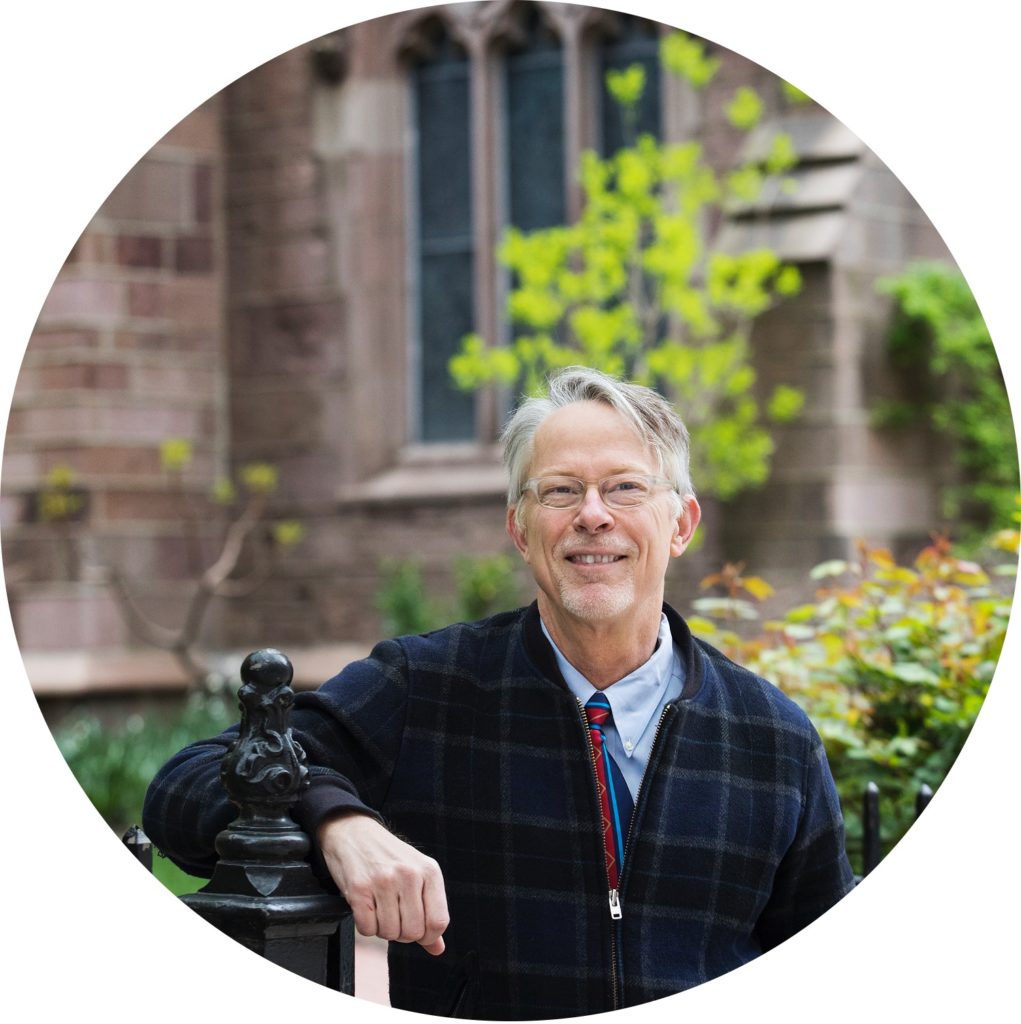
A. Robert Jaeger co-founded Partners for Sacred Places in 1989. Previously, Bob worked with the Philadelphia Historic Preservation Corporation as Senior Vice President for the Historic Religious Properties Program. He is the co-author of Sacred Places at Risk (1998) and Strategies for Stewardship and Active Use of Older and Historic Religious Properties (1996), author of Sacred Places in Transition (1994), and editor (from 1985 to 1989) of Inspired, a bi-monthly magazine with news and technical articles on religious property preservation. Bob holds a master’s degree in preservation planning from Cornell University and an MBA from the University of Michigan.

“For Whom the Church Bell Tolls: Congregations, Of Course, but Municipalities Too”
Rick Reinhard is associate of The Lakelands Institute and principal of Niagara Consulting Group in Rockville, Maryland. After three decades leading community economic-development corporations in the United States and the United Kingdom and serving as chief of staff to a U.S. mayor, he worked in leadership of agencies and conferences of the United Methodist Church. He was a Loeb Fellow at the Harvard University Graduate School of Design.

“Closing Congregations: On the Hunt for Patterns“
Wendy Cadge is the Barbara Mandel Professor of Humanistic Social Sciences and Professor of Sociology at Brandeis University. She is the author of three books, Spiritual Care: The Everyday Work of Chaplains, Paging God: Religion in the Halls of Medicine_ and_ Heartwood: The First Generation of Theravada Buddhism in America, In 2018, she launched the Chaplaincy Innovation Lab.
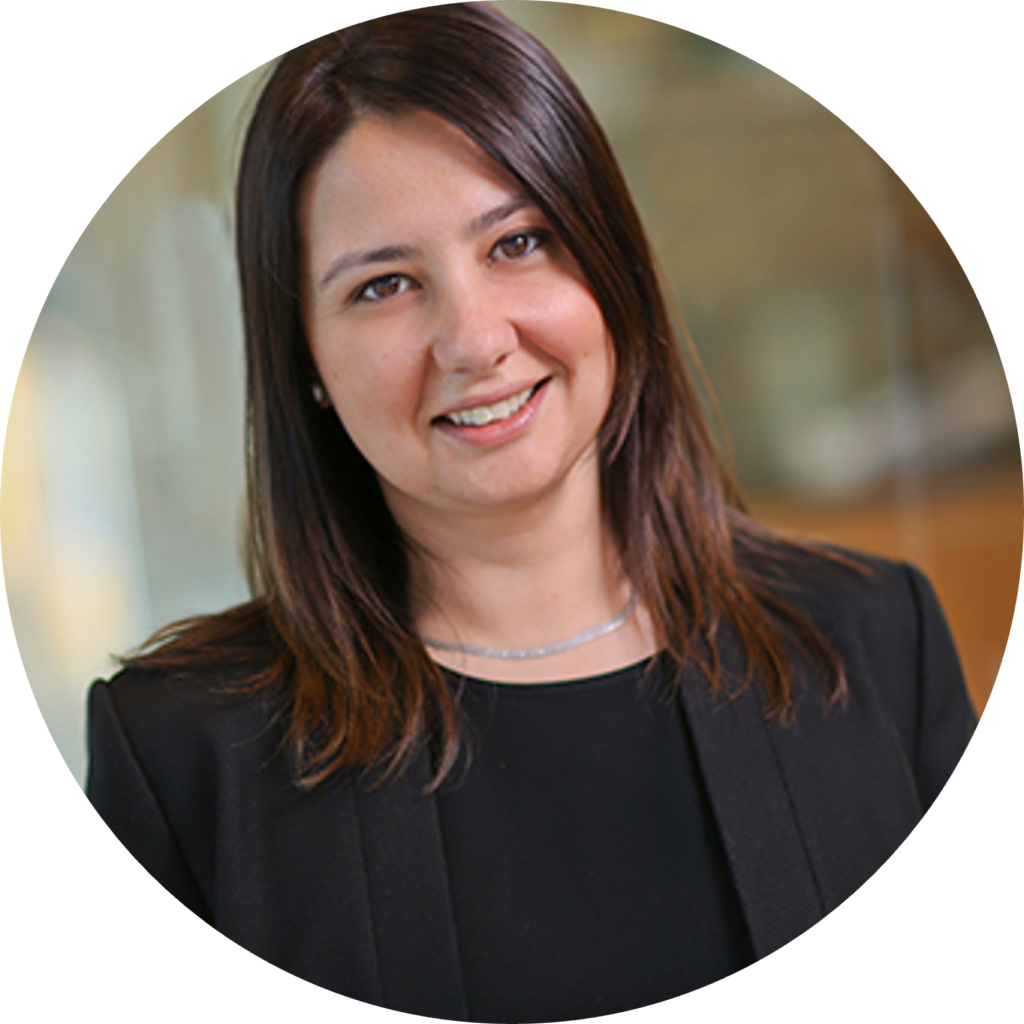
Muna Guvenc is an Assistant Professor of Architectural and Urban History at Brandeis University. Güvenç’s forthcoming book, The CITY IS OURS: illustrates how architecture and planning may provide opportunities for social justice otherwise unavailable to opposition groups that lack, or have been denied access to, more conventional channels for conducting politics.

Feigele Lechtchiner is a senior at Brandeis University, receiving a B.A. in Economics and Urban Studies with a concentration in spatial analysis and GIS. She is currently working on a senior thesis entitled “Sacred Spaces, Public Goods: Affordable Housing Development in Boston’s Catholic Churches.
Religious Values and Buildings

“Seeking Design Justice: Moving Beyond Church Repair”
R. Kyle Warren is a Ph.D. candidate in Theological and Philosophical Studies of Religion at Drew University and currently teaches topics related to design justice at The Boston Architectural College.

Benjamin Peterson is the Co-Director of the Architectural Futures Group at the Boston Society for Architecture. Kyle and Ben are also the co-founders of Fallow, a design research collaborative based in Boston, MA.
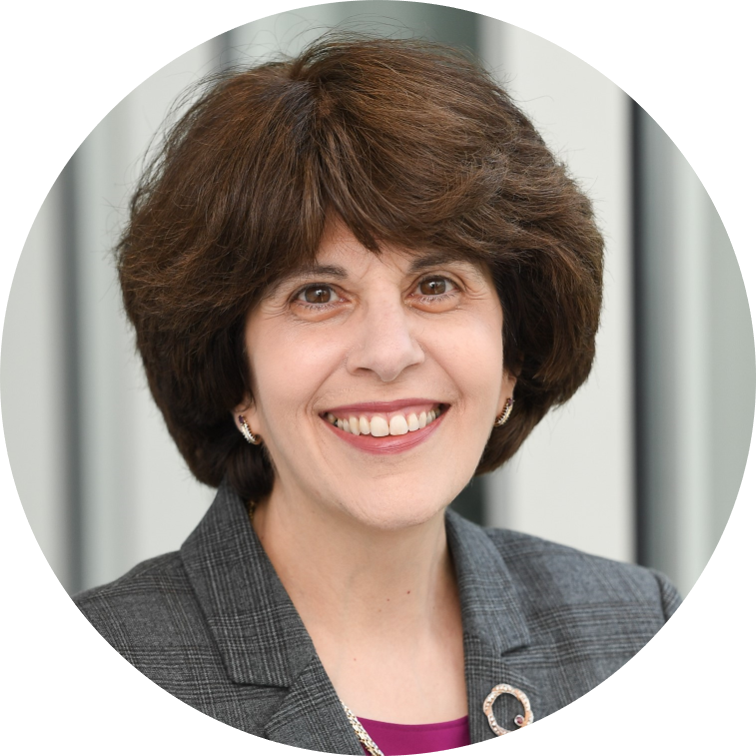
Angela C. Carmella Professor of Law at Seton Hall University School of Law in Newark, New Jersey, teaches and writes on topics of Religious Land Use, Property Law, the Religion Clauses, and the Catholic Social Teachings.

“Houses of Worship and Religious Architecture: Identity, Place, and Effects of Repurposing“
Frederick Rucker Jr is a Six Sigma MBA Mathematician with professional experiences as a Realtor and Broker.
Strategies

“Religion, Property Law, and the Crisis of Houses of Worship”
Ginny Myrick has a decades-long record of success in economic development, urban renewal, and government relations. In her role as president and CEO of Cathedral District-Jax, Inc., she leverages her experience and devotion as community advocate to spur the revitalization of the 36-block historic Cathedral District, home to five historic churches, several architectural landmarks, and a plethora of vacant lots and surface parking in downtown Jacksonville, Florida.

Rev. Kate Moorehead Carroll is the tenth Dean of St. John’s Episcopal Cathedral, and the first woman to be called as Dean of a Cathedral in the Southeastern United States. Kate’s leadership and vision have led to the creation of the Cathedral District, and exciting plans for the transformation of Jacksonville’s urban core with over $44 million invested in the development of multi-income housing, walkable neighborhoods, parks, recreational venues, and retail space that will provide all the elements needed for a thriving downtown neighborhood.
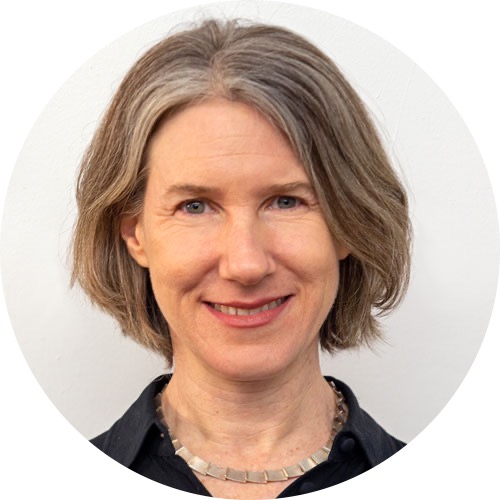
Esther Sperber, New York City architect, founded Studio ST Architects in 2003, after working at Pei Partnership Architects for more than five years, during which time she had the privilege of working closely with world renowned architect Mr. I. M. Pei. Esther writes and lectures on both architecture and psychoanalysis.

“Lifting Up the Pico Union Project as a Model for the Repurposing of Religious Buildings”
Laurie Gross is an internationally recognized artist, focused on work for the ritual space of religious buildings. Ten of the Laurie Gross Studio projects have received international awards from the American Institute of Architects, The Interfaith Forum on Religion, Art and Architecture (now known as Interfaith Design), and Faith & Form in the areas of religious and ceremonial art.

Craig Taubman is respected producer/singer/songwriter, Los Angeles County Commissioner and founder of the Pico Union Project.
Affordable Housing
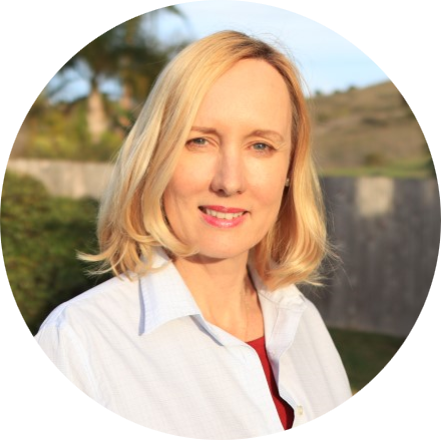
“Faith Based Affordable Housing Development and Religious Land: Examining Successful Practices”
Catherine Fisher is a licensed clinical social worker, trainer and program consultant. She completed her PhD in Social Welfare and Social Research at Loma Linda University. Catherine’s research interests include women experiencing homelessness, low-income housing, faith-based partnerships and community development.
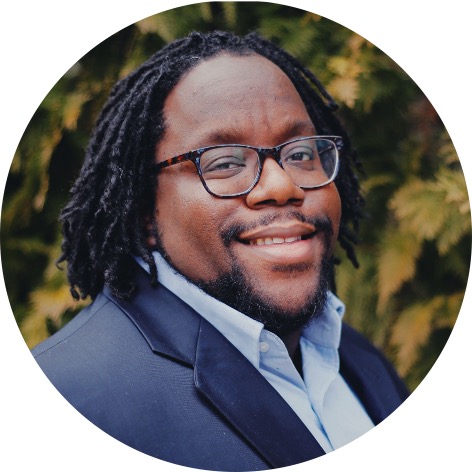
“City of Atlanta Faith-Based Initiative”
Wesley Myrick is an Atlanta native and serves as Sr. Policy Analyst on the Housing Innovation Lab team with the City of Atlanta Office of the Mayor. He holds advanced degrees in business law and international economic development.
Legal Issues

Davide Dimodugno, PhD in “Law and Institutions” at the Law Department of the University of Turin (Italy), has carried out his research on cultural heritage of religious interest and reuse of catholic places of worship, in a comparative perspective between Italy, Belgium and France. His contributions on these topics have been published in several law and architecture scientific journals and books. He has presented the results of his research at international conferences and events in Italy, Switzerland, Croatia, and South Africa.

Yolanda van der Vyver holds a PhD in Architecture from the University of the Free State, is a founding member of Y and K Architects and was the 2021 inaugural Emory University–Halle Institute Fulbright South Africa Distinguished Chair at the Center for the Study of Law and Religion. Her interests include interdisciplinary study and the convergence of law, religion, and architecture.

“Pluralism and the Future of Religious Property”
Whittney Barth is executive director of the Center for the Study of Law and Religion at Emory University and Charlotte McDaniel Scholar. She holds a JD from the University of Chicago Law School, MDiv from Harvard Divinity School, and BA from Miami University. This essay is part of a larger project celebrating the scholarly achievements of Professor Diana L. Eck. Views expressed are the author’s own and do not necessarily reflect those of CSLR.
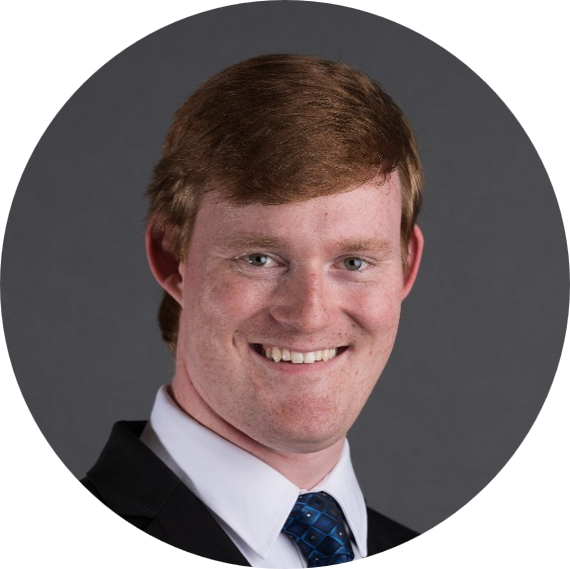
“A Defense of the Compulsory Deference Approach for Church Property Litigation”
Matthew Goldammer currently works as a judicial law clerk at the United States District Court for the Northern District of Illinois. A native of the Twin Cities in Minnesota, Matthew graduated with honors from Notre Dame Law School in May 2022.

“Religious Covenants on Former Church Property”
Patrick Reidy is an Associate Professor of Law, Notre Dame Law School and a priest of the Congregation of Holy Cross.

